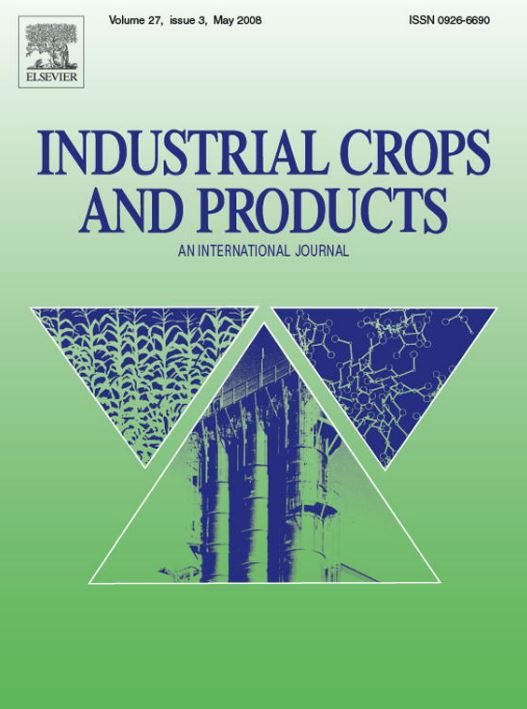Abstract
Female hemp plants are desired in floral hemp operations due to their higher cannabinoid contents. To produce feminized seeds, a critical step of inducing fertile male flowers on female plants is performed. In feminized seed production, freshly mixed STS (silver thiosulfate + sodium thiosulfate) is applied to female plants as an ethylene inhibitor to induce male flowers. However, the short-shelf stability of the STS buffer can cause difficulty in the application and inconsistent results. Alternative methods with improved accessibility and stable buffers will be beneficial for the hemp industry and hemp breeders. A commercially available floriculture product, Chrysal ALESCO®, contains silver nitrate, the same active ingredient as STS but with increased shelf stability. This study compares Chrysal ALESCO® to the traditional STS standard methods for male flower induction on female plants and their pollen quality. The two treatments were applied to six female hemp accessions with three replicates investigated, and the male flower counts and pollen quality were compared. No statistically significant difference was discovered in their male flower counts; the STS-treated plant produced an average of 478.18 male flowers, and the Chrysal ALESCO®-treated plant produced an average of 498.24 male flowers per plant. Fluorescein diacetate (FDA) and acetocarmine stains were used to investigate the pollen quality (non-aborted rate) of two chosen genotypes. FDA-stained pollen of Chrysal ALESCO® showed a significantly higher non-aborted rate than the pollen of traditional STS-treated plants (p < 0.001); however, only a marginally higher non-aborted rate was discovered by acetocarmine staining (p = 0.0892). In summary, Chrysal ALESCO® performed equally to traditional STS treatment at male flower counts and better or equally in pollen quality. With better shelf stability and easy application, ALESCO® can be a viable alternative option for stimulating male flowers on female hemp plants.


